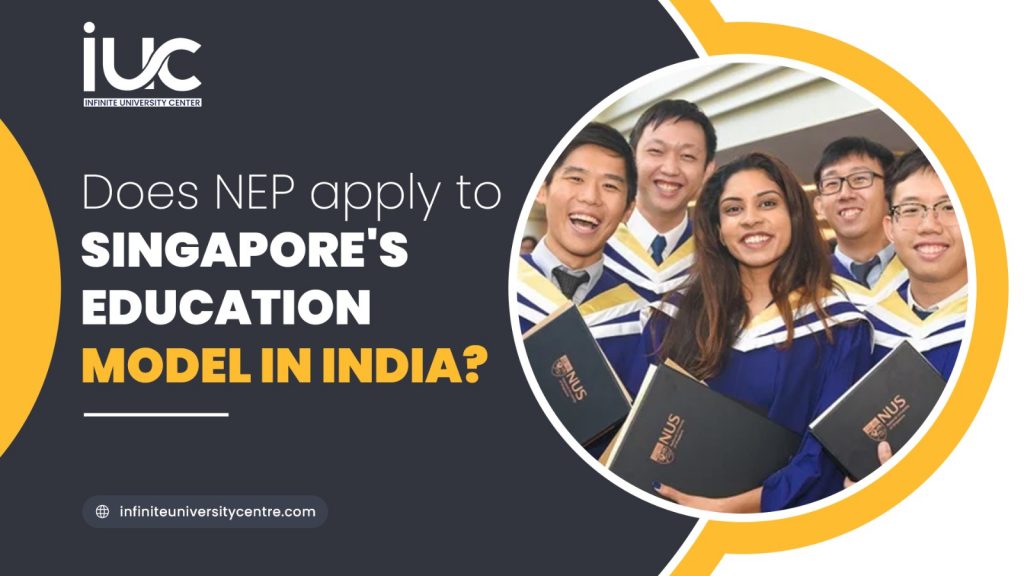With not more than 54.5 lakh inhabitants, Singapore is famous worldwide for its approach to education. On the other hand, the holistic and comprehensive approach of universities here towards knowledge and skill development will prepare students for a sustainable career ahead.
Karpagam R., Principal, Orchids The International School, Thoriapakkam, Chennai, highlights his views as to whether the Singapore education model should be opted for in India with NEP Guidelines or not.
Singapore’s educational model is appreciated by many countries, and they look forward to drafting and amending their policies to have a similar structure. Considering this fact, Union Minister for Skill Development and Entrepreneurship, Dharmendra Pradhan, stated the prospects for India and Singapore joining hands in achieving a future-prepared workforce.
Common factor in accordance with NEP 2020:
Singapore boasts its educational system with its student-centred approach. The learning process revolves around students’ specific needs and focuses on their desires. The system prioritises the provision of vocational education with great significance.
Vocational education will be beneficial for students who wish to pursue non-STEM (science, technology, engineering, and mathematics), commerce, and the humanities. Students who tend to explore other possibilities will benefit from hands-on learning.
Adaptation to the Indian System:
An important consideration at this point in time is how to adopt the Singapore model of education for the current scenario in India. An in-depth analysis is required for making amendments to the current education system.
The implementation should also be phased in so as not to confuse students with a new policy but rather spark their curiosity and gradually make them excited to try the new system. In India, with so much youth force, implantation of the policy will not be an easy task. Hence, the authorities need to conduct research and study the format to integrate the Singapore model with the Indian education system.
The policy should be tailor-made to meet global standards and ensure that students benefit from them. However, a model that works for Singapore may not work for India. Thus, the implementing authorities should be careful and take into consideration the needs and expectations of students, parents, and academicians.

